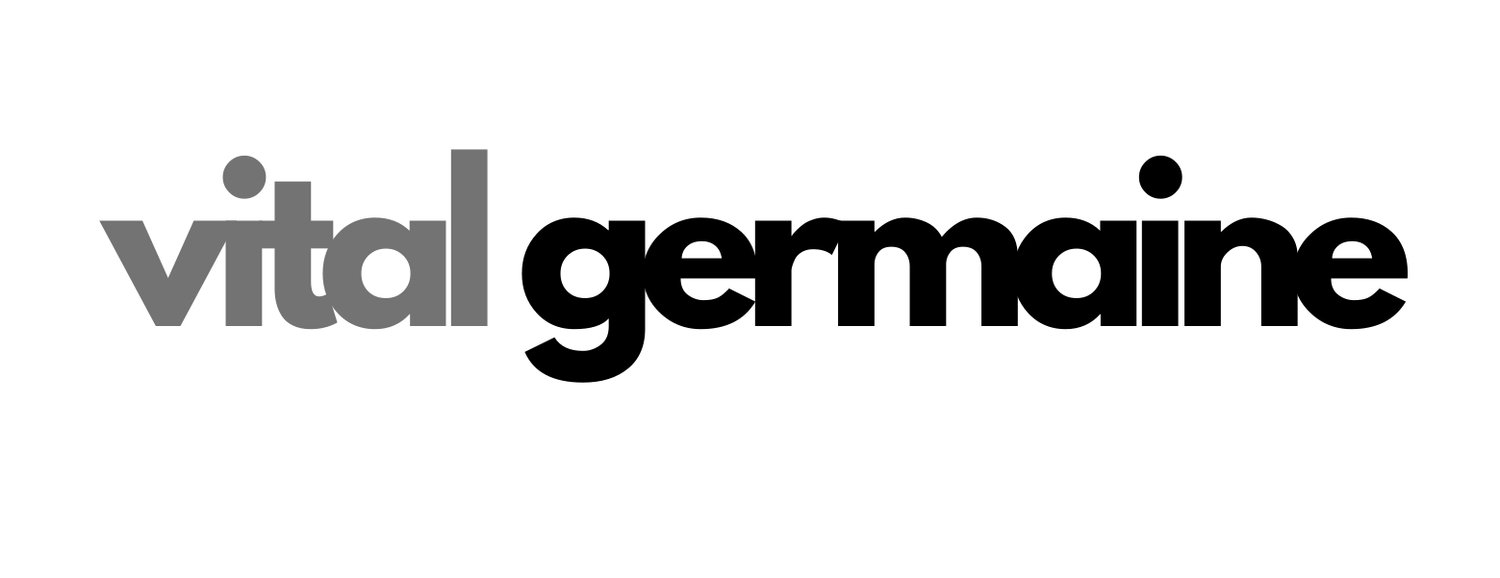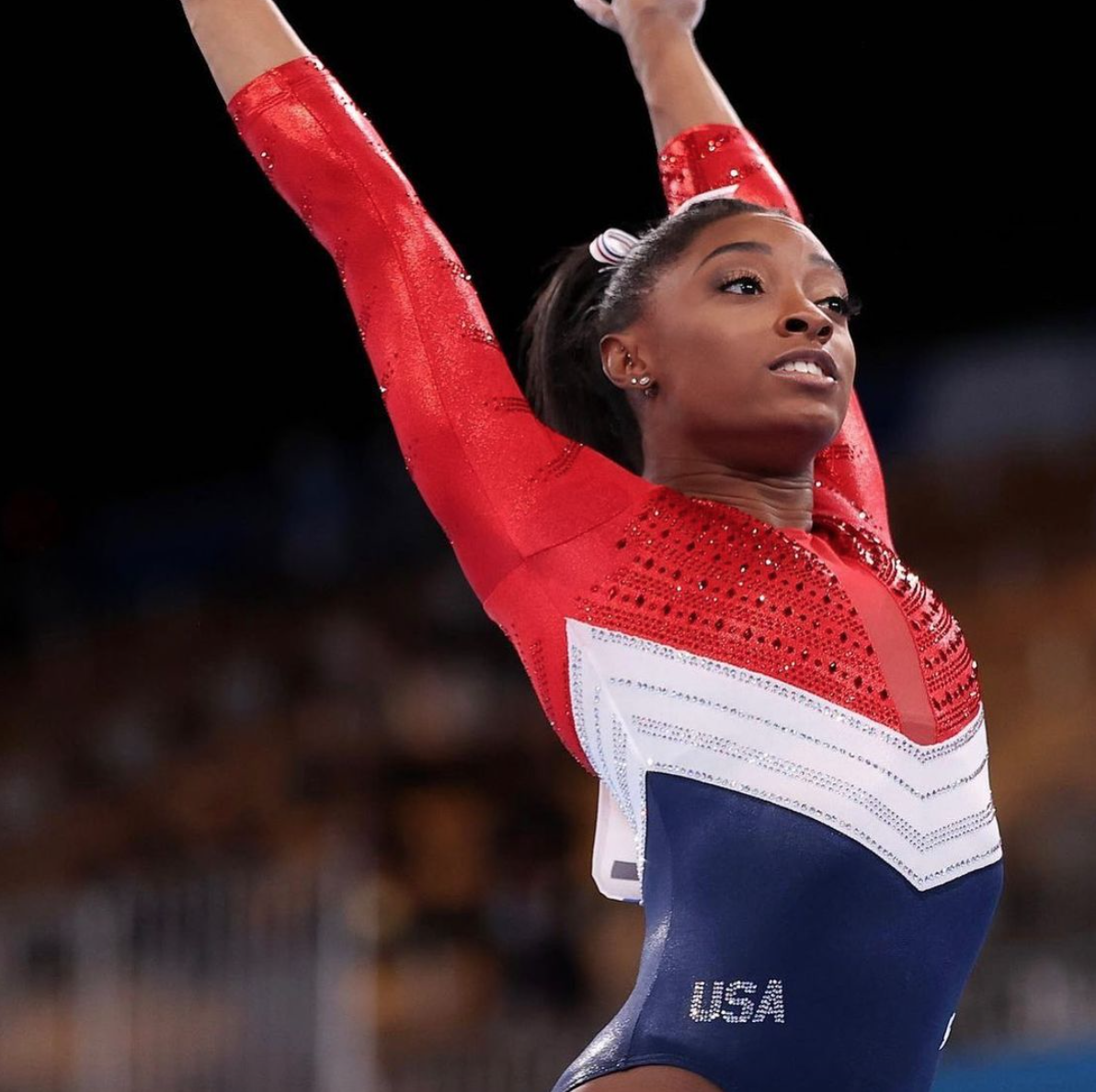When is the right and wrong time to be the cheerleader?
/What comes to mind with the metaphorical term “cheerleader”?
The answer to that can depend on your cultural background; are you American or not. The cheerleader type often mean well with their eternal enthusiasm. However, that endless positivity can invite resentment and a sense of disconnect. The ultimate solution is knowing when to be a messenger of positivity and when to be the pillow of comfort and understanding while saying nothing.
But how can you know when?
The answer is Emotional Intelligence (EQ). It brings great value on so many levels. Its strengths and beauties are heavily undermined when it comes to mental or emotional health. Mental health awareness takes acute levels of emotional intelligence to identify because people are incredibly skilled at hiding their shadows, less be exposed as a Debbie Downer, and who wants that kind of negativity in their lives?
It’s highly probable that people fake their mental and emotional wellness to not be a Debbie Downer, or simply to avoid being victims of social taboos, keeping up with the societal pressures of being positive, and of course keeping up with the perfect perceptions of the Jones’… who are also pretending and afraid to be “negative.”
Too many get caught up in their own lies or fake positivity, pretending they are just fine in order to appear strong, successful, and in control. Why fake it? It sucks knowing that deep down inside you’re not as happy or positive as you portray… it means you’re lying to yourself. And worse than not trusting somebody, is not trusting yourself. We all desperately want to live authentically.
Instead, we rinse away that sour taste of our own deceit with a double cocktail at a social gathering. It helps take off the edge, allowing us to blend in and happily exchange positive pleasantries that attract strategic friendships…. for some, the fakery gets darker; other forms of coping addictions manifest. OUCH!
It takes great courage to share negativity if you are in an influential position… let alone sharing the reality of every day life with its challenges and disappointments with the world; life is tough.
And strangely, when celebrities and athletes are honest about their challenged mental health, many criticize as if being a superhero in the public eye negates your right to feel bad about yourself. “They should just go out there and do there job!”
Nonetheless, the courageous celebrities who are exposed for being human give the masses courage to know they are not alone in their secret despair… and just for a moment we feel courageous enough to tell the world that we too are dealing with some sad shit. That confidence to share is short lived, however… normal service quickly resumes and we pretend all over again to be just fine. Being a victim of social taboos perpetuates the very issue I’m addressing; the demonization of sentient beings who sometimes need to cry and crumble yet don’t… “feeling” is “weak”.
Americans aren’t weak. They are more driven and impervious to pain and defeat than the original Greek Stoics like Marcus Aurelius who built their philosophy on the premise that “reality is perception.” Appear strong and therefore you are. So don’t you dare show any form of weakness.
Before moving to American in 1993, and becoming American in 2001, the idea of a cheerleader was so typically “made in the USA” type of thing. My European childhood cringed at the plastic pomp of toxic positivity served with dollops of cheese on popcorn, hamburgers and rinsed down with an extra large ice-filled root beer. Not to mention the loud, over confident Listerine inspired smiles spilling from chiseled jawlines that made Ken and Barbie proud of their “we can do this” heritage.
My disdain for American tackiness didn’t lack hypocrisy. I both loved and hated America for its cliches and positive predictability (and still do as a now Naturalized Yank). So much pride and honor ingrained into the fabric of this country’s young history, tradition and zealous commercialization of anything deemed as uplifting, grandiose, vibrant and optimistic. American’s don’t lose. They don’t bow to anybody. Fuck being submissive bitches! We’ll leave that for the overly polite pretentious English gentlemen, cowardly smelly fromage-eating French frogs, and humility-plagued Asians, bowing in submission (not humility).
There is nonetheless, much beauty to this optimistic American mindset designed to believe in itself even during the darkest of nights. There is a dangerous expectation to be positive at all times, however. And if you’re not feeling positive, then learn how to fake it with a big smile, positive affirmations and empty friendships build on escapism and fitting in.
Solution?
When somebody expresses a tough moment, a set back, cheerleaders will usually stand front-center and become their normal cheerleader self.
That “Go Get It” American positive, ambitious, driven mindset must be maintained, so they encourage their fallen friends to get up and go again. “You’ve got this! Don’t worry about your leg, said the cheerleader. “There are plenty of para olympians who also lost a leg. Focus on gratitude and you’ll be just fine.” … But is that the right thing to do? Use Emotional Intelligence to determine when.
If the cheerleader took a breath and focused on the fallen broken soul, rather than their own positivity, the interaction might be very different. Because while they’re jumping and motivating, the convo on the other side of the street is more like…. “Please don’t be my cheerleader when I’m crying. Make it about my pain for a moment will you, please. Cause I’m sick and tired of your perfectly happy life.”
When the mental burden becomes too much, what happens? America is addicted to self numbing; alcohol, addiction to TV/social media, porn, inspirational quotes etc. Bandaids aren’t doing the trick; perhaps short term. What the country is really looking for is deep human connection that is honest and caring. An environment where we feel safe to be ourselves; positive and or negative.
Next time your dear friend is going through a hard time, don’t be the cheerleader. Why? Because you being a cheerleader makes it about YOUR optimism and not THEIR predicament. Which is selfish. While they are grieving, sit with them void of judgment or advice. In time, and by that I mean, THEIR time not yours, leverage your lacking emotional intelligence to know when it’s time to help them snap out of it with a positive pep talk. Until then, just listen and sit with them.
“Merica, we must learn to allow raw, honest and sincere negativity to be a part of our everyday stories. Let’s become human again with less pretending or stoic perception that all is well when it’s not.
Now give me a: V. I. T. A. L.
Sincerely,
Vital Germaine.






